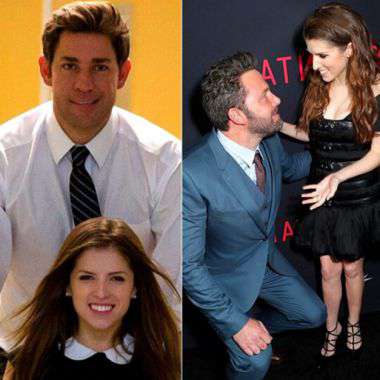

He worked at stations in San Francisco, Florida, North Carolina, Texas and Georgia. WDBJ7 general manager Jeff Marks said Flanagan had talent, but was difficult to work with, and was prone to anger and outbursts. Whether he succeeded in killing himself has not been confirmed at this time. Before doing that, he uploaded the vertical video of the shooting to his Twitter and Facebook accounts. Vicky Gardner, the woman they were interviewing, was shot in the back and is in surgery.Īfter a five- hour manhunt, Bryce Williams, according to police, shot himself with the same gun. 24 year old WDBJ reporter Alison Parker, and her 27 year old cameraman Adam Ward, were fatally shot during a live broadcast by a former colleague, a disgruntled.Īlison Parker and Adam Ward were confirmed dead. The Cameraman Just Kept FilmingĠ1 - home page and photo links 02 - br steam-diesel photos 03 - the beeching axe 04 - train spotters 1 05 - train spotters 2 06 - railway centre york. He lurked next to the group for a while, and then opened fire. He approached the couple while they were interviewing Vicky Gardner, executive director of the Smith Mountain Lake Regional Chamber of Commerce at a shopping plaza in Moneta, VA, holding a gun in one hand, and a cell phone camera positioned vertically in the other. The shooter was identified as Vester Lee Flanagan II, who went by a screen name Bryce Williams. The reporter and the cameraman were white, the killer was black. WDBJ reporter Alison Parker, and her 2.Īdam Ward, were fatally shot during a live broadcast by a former colleague, a disgruntled employee, who accused the couple of racial prejudice. For employers that want a longer lookback period (where the CRA is legally able to do so), they can often make a special request to have that information included.WDBJ Reporter Alison Parker and Cameraman Adam Ward Shot Dead During Live Broadcast. Since a seven-year lookback period applies to all of the above states, it’s become the standard for consumer reporting agencies when preparing background check reports for their clients. Other states that have more restrictive lookback periods than the FCRA in regards to criminal convictions include: A similar statute exists in Colorado, although a longer lookback is allowed if the person will earn more than $75,000 a year. Many states have statutes that further limit the information CRAs can include on a background screening report, adding an extra layer of complexity to the process.Īccording to the California Civil Code, for example, convictions can only go back seven years. After all, the EEOC doesn't just require employers to consider the nature and gravity of the offense(s), but also the time that has passed since the person was convicted or completed their sentence.


In addition to complying with the FCRA, employers also need to consider the Equal Employment Opportunity Commission (EEOC), and whether a refusal to hire someone based on an old criminal conviction will sit well with them. For criminal convictions, there is no such limitation.īut just because the federal FCRA allows CRAs to include criminal convictions older than seven years doesn't mean it's a good idea. The Fair Credit Reporting Act (FCRA) only allows consumer reporting agencies (CRAs) to report civil suits, civil judgements, arrest records and other adverse information that predates the report by seven years or fewer-with the clock starting as soon as the information is filed or entered into the record.
#THE CAMERAMAN JUST KEPT RECORDING OMGWHUT PROFESSIONAL#
The exact legal timeframe for when this information must be excluded from a professional background check report varies depending on where the candidate will be working - and in some cases - their financial compensation. In fact, there are city, state and federal employment laws that ensure everyone is given a fair chance at rehabilitation - and (in time) a clean slate that prohibits consideration of certain adverse information. When evaluating this information, however, it's important to keep in mind that it isn't simply what a person did in the past that matters, but when the arrest or conviction took place. A criminal background check is a key part of the pre-employment screening process, as it can provide a deeper understanding of a person's character and trustworthiness - along with whether they have the potential to compromise the safety of your workplace.


 0 kommentar(er)
0 kommentar(er)
